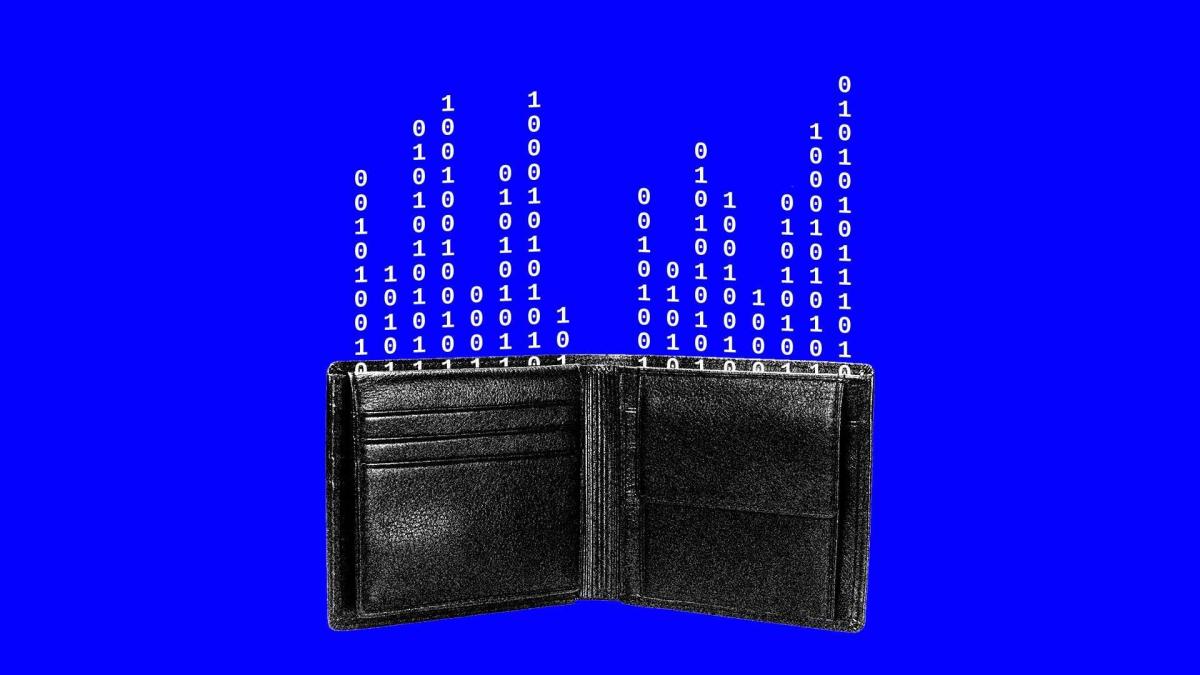Cryptography is the practice and study of hiding information. While that does not necessarily define cryptoassets, it does begin to underscore the challenges that need to be overcome before we can see wide institutional adoption. The issues around valuation, liquidity, regulation, and even speculation have grabbed many of the recent headlines, but it might be the more boring world of custody and safekeeping that proves to be one of the most significant obstacles.
Custodians are not plan fiduciaries but the people who hire them are. By design, these cryptoassets are essentially bearer bonds and that makes the responsibility of safekeeping even more acute. The very nature of the public blockchain technology, where most of the cryptocurrencies reside on a distributed ledger, obviates the need for a central owner and recordkeeper. The funny thing about plan sponsors and the beneficiaries for whom they work is that they expect to get their property back, mostly on demand. They and their boards can tolerate significant loss of principle as an investment risk in certain asset classes, but the thought of any single security holding simply vanishing from their ledger violates the short list of sine qua non “givens” in their basic owner’s manual.
Cold storage is one solution currently available where assets are held in a digital wallet that sits in an offline environment only accessible by a private key. This could be the beginning of a sustainable answer to the safekeeping dilemma but the "career-risk" that often applies to the hiring of untested emerging managers is also in play. The large global custodian banks will need to be active problem solvers here but what is their current motivation? Investments in this space could be significant, and to achieve even the most modest ROI expectations, there has got to be some basis to conclude that their institutional clients will follow.
It might be interesting to note that the CFA Institute announced this week that their Level I and II curriculum will include a heavier emphasis on FinTech subjects including blockchain and cryptocurrencies beginning in 2019. This comes about six months following the CAIA Association’s announcement of the newly formed Chartered Alternative Data Analyst (CADA) Institute to address the professional knowledge and responsibilities in the growing field of data science. It is perhaps too early to know if either program has the remit to address issues of custody but certainly the most basic DDQ in this brave new world must cover, and satisfactorily resolve, these concerns. The insurance industry is also on the case with underwriting standards and related coverage for digital assets now available. This space too must evolve but it will certainly take time; after all a senior SEC official stated just thirty short days ago that bitcoin and ether are not securities. A statement is hardly codified regulation and there is a lot more real discussion to be had before this virtual puzzle is understood or resolved.
As professionals, we should take a position that is wrapped in informed consent (or dissent). CAIA and CADA will look to keep this discussion going through our global Chapter events, journal content and industry conferences such as the stream session we will be running at Global ARC in October. Get informed and involved in this discussion…
Seek diversification, education and know your risk tolerance. Investing is for the long term.
Bill Kelly is the CEO of CAIA Association. For more of his insights, follow Bill on Twitter and LinkedIn.




